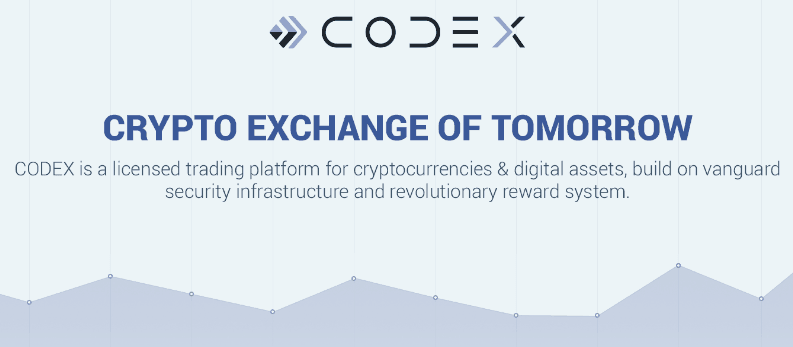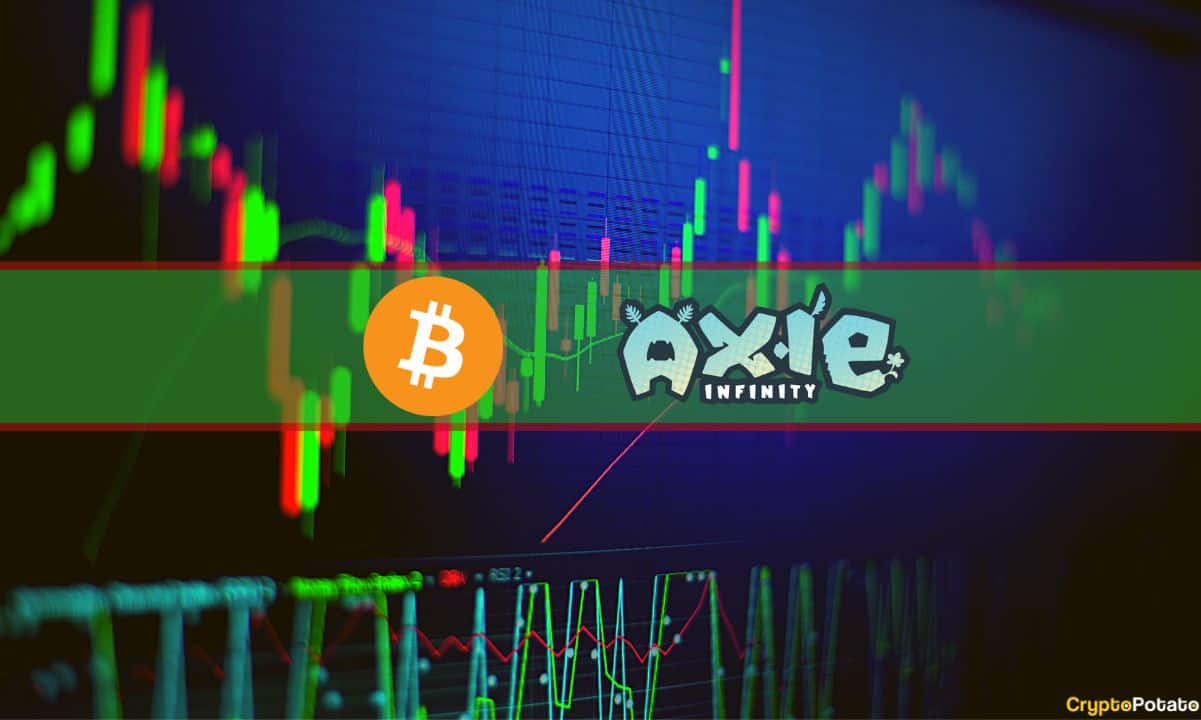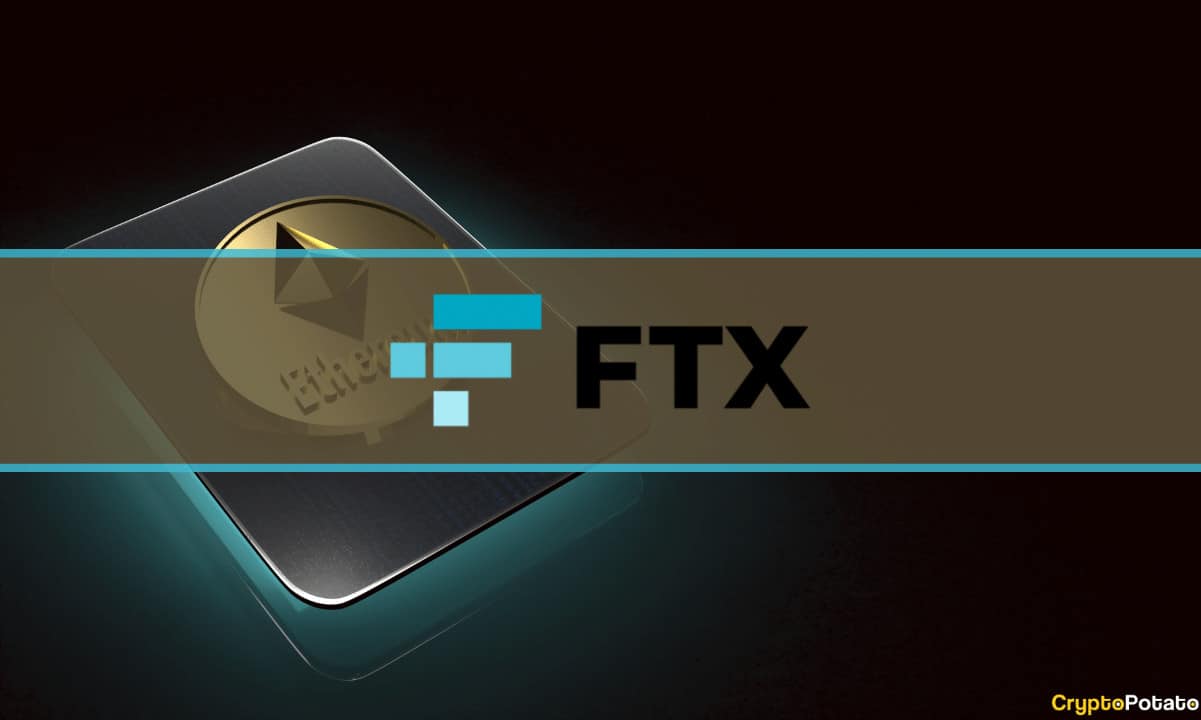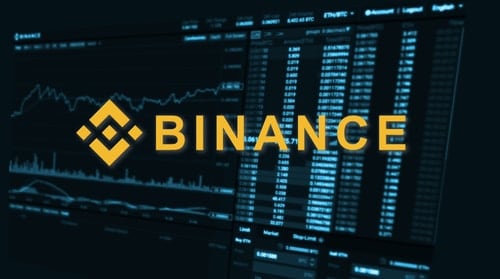A Beginners Guide to CODEX Exchange
In December 2018, AtticLab launched CODEX Exchange, a cryptocurrency trading platform that strives to address some of the problems with the fledgling digital currency ecosystem by supporting community development and proliferation.
In a crowded field complete with significant players and scrappy startups, CODEX already has an active user base, many of whom are inspired by its community focus.
Indeed, many features differentiate the exchange from the rest of the field, and although it is a relatively new exchange, it has roots in history. Derived from the Latin word “caudex,” CODEX strives to learn from the past by building the crypto exchange for the future.
Here are some of its most notable features.

Security
As The Wall Street Journal glibly reported last year, “Cryptocurrency exchanges are getting hacked because it’s easy.” For many crypto users, this is both their primary concern and their more significant factor when determining an exchange.
Therefore, CODEX is prioritizing security by combining an anti-fraud system with a multi-stage security audit. Their anti-fraud system helps the platform notice unusual behaviors or sudden, large-sum withdraws, allowing them to check the legitimacy of these actions.
Also, the security audit includes
- Penetration testing conducted by Hacken, an external security auditing team.
- An internal audit conducted by CODEX developers.
- A public bug bounty program that offers prizes for identifying platform flaws.
Moreover, thieves can’t steal what an exchange doesn’t have, so CODEX collects as little information as possible. More specifically, it doesn’t store API secrets, so interactions between the exchange, wallet services, and other platforms don’t compromise security.
CDX – A Token with Benefits
AtticLabs is a block producer on EOS, and the CODEX token, CDX, is a native EOS-based utility token.
Unlike most crypto products, the CDX token did not launch through an ICO because it was not intended to raise funds for the exchange.
Instead, it is intended to provide its users and community with value. For example, users reduce their fees by 50% when they pay them in CDX, and they can earn loyalty rewards and increased affiliate payments with the token.
At the same time, CODEX users can profit from trading CDX against other digital assets on the exchange, and it fuels the platform’s trade mining initiative, which is the only way to create CDX tokens.
Advanced Options
The CODEX exchange is targeting experienced traders through features like scaled orders, which enables traders to issue a series of limit orders at progressively higher or lower prices.
In this way, CODEX is bringing some of the functionality inherent to more traditional trading platforms to the crypto space. With more features on the horizon, CODEX could be a significant alternative for advanced crypto traders.
Advantages & Differentiation
CODEX is uniquely community focused. For example, using CODEX, EOS users can create free wallets, and other programs like EOSCPUAID help support users trying to balance token trading and platform participation.
However, CODEX isn’t just focused on EOS users. CODEX has internally developed a desktop USDT wallet and is planning on releasing it to the community; both reflect the company’s desire to improve the experience of all crypto users.
From its launch, CODEX supports nine languages including English, Russian, German, Spanish, French, Portuguese, South Korean, Chinese, and Japanese.
Perhaps most importantly, CODEX is compliant. Operating with a license from the Registry of Economic Activities in Estonia that allow them to exchange virtual and fiat currency, CODEX is a fully regulated EU exchange.
Disadvantages
The crypto exchange ecosystem is a crowded field, and CODEX is an underdog in this fight. Exchanges like Coinbase and Binance attract much of the media attention and a significant customer base, making it difficult for new companies to gain traction. Currently, Binance controls 52% of the crypto market’s trading volume, while Coinbase is the most popular exchange among amateur investors.
Consequently, CODEX has a low, though growing, operating volume, and some portions of their website, like the FAQ, is rather concise at this point.
Also, CODEX doesn’t currently offer fiat trading pairs; although it is expected to do so soon.
In other words, CODEX very much feels like a startup, which it is, and tussling out features with established competitors is always a challenge.
Summary
It’s never easy to be the new kid on the block, and, like all crypto initiatives, CODEX faces many headwinds in its implementation and maturation.
Even so, the platform’s focus on building and maturing crypto communities, and its many differentiating features make it a viable alternative for crypto users looking to gain more from their exchanges. Its primary selling points like its discount model, loyalty program, security prioritization, and regulatory compliance check all the boxes for many users.
The post A Beginners Guide to CODEX Exchange appeared first on CryptoPotato.









